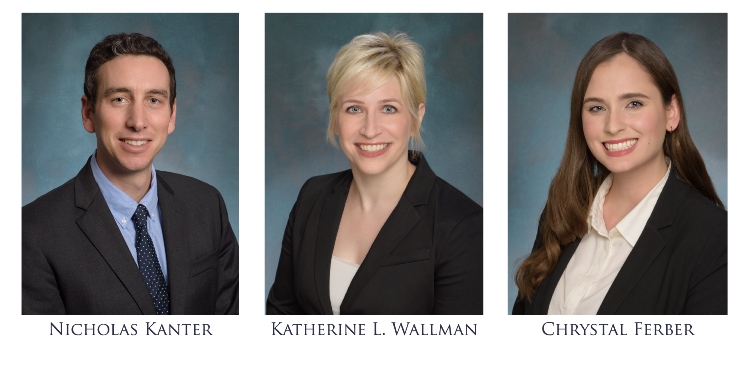Franchisors are “Lovin’ It”

In a win for franchisors, the Ninth Circuit recently affirmed the district court’s summary judgment in favor of fast-food behemoth McDonald’s Corp., ruling that the franchisor is not a joint employer of its franchisees’ workers and thus is not liable for its franchisees’ alleged wage and hour violations. Salazar, et al. v. McDonald’s Corp. (9th Cir. 2019) No. 17-15673.
The decision arose from a class action lawsuit filed on behalf of approximately 1,400 fast-food workers. Employees argued they suffered wage and hour violations at McDonald’s Bay Area franchise locations operated by the Haynes Family Limited Partnership and claimed that both franchisor and franchisee were liable under a joint employer theory. The employees stated that a key cause for the alleged violations was McDonald’s computer system Haynes used for employee timekeeping, which was not compliant with California law (for example, the computer systems set daily overtime thresholds at 8:59 hours instead of 8 hours, causing workers to miss overtime pay). Haynes and the employees entered into a class-wide settlement, leaving the issue of whether McDonald’s was a joint employer for the Court.

In determining McDonald’s was not a joint employer, the Ninth Circuit closely examined the level of “control” McDonald’s exerted over the hours, wages, and working conditions of the fast-food workers. The Court reasoned that any control McDonald’s asserts over its franchisees’ workers is limited to quality control, not a general right of control over day-to-day aspects of work, such as control over wages, hours or working conditions. The Court stated that such involvement “is central to modern franchising and to the company’s ability to maintain brand standards.” However, McDonald’s control did not include the power to hire or fire.
Next, the Court concluded McDonald’s did not meet the “suffer or permit” definition of employer. Contrary to the employees’ position, the “suffer or permit” inquiry is whether McDonald’s was an employer, not whether it caused Haynes to violate the law by giving “bad tools or bad advice.”
The Court also held that under California common law, which turns on the “right to control the manner and means” of the desired work result, McDonald’s is not an employer of its franchisees’ workers. The Court noted again that McDonald’s exercise of control of work performed at its franchises was limited to quality control and maintenance of brand standards.
Finally, the Court rejected the argument that McDonald’s was liable for the alleged violations under an “ostensible agency” theory because the California Wage Order’s definition of “agent” specifically applies to an entity that either employs or exercises control over the worker’s wages, hours, or working conditions, and McDonald’s did not do any of these things.
Salazar provides guidance on the level of involvement a franchisor with franchised businesses operating in California can have in its franchisees’ operations without creating exposure under California’s wage and hour laws. Franchisors should review their level of involvement in their franchisees’ operations, as well as the policies franchisees are required to follow, as the Court raised, but did not answer, the question of whether the franchisor could be liable to the franchisee for giving “bad tools or bad advice.”
Nicholas Kanter and Katherine L. Wallman are attorneys in our Business Litigation, Franchise and Employment Practice Groups.